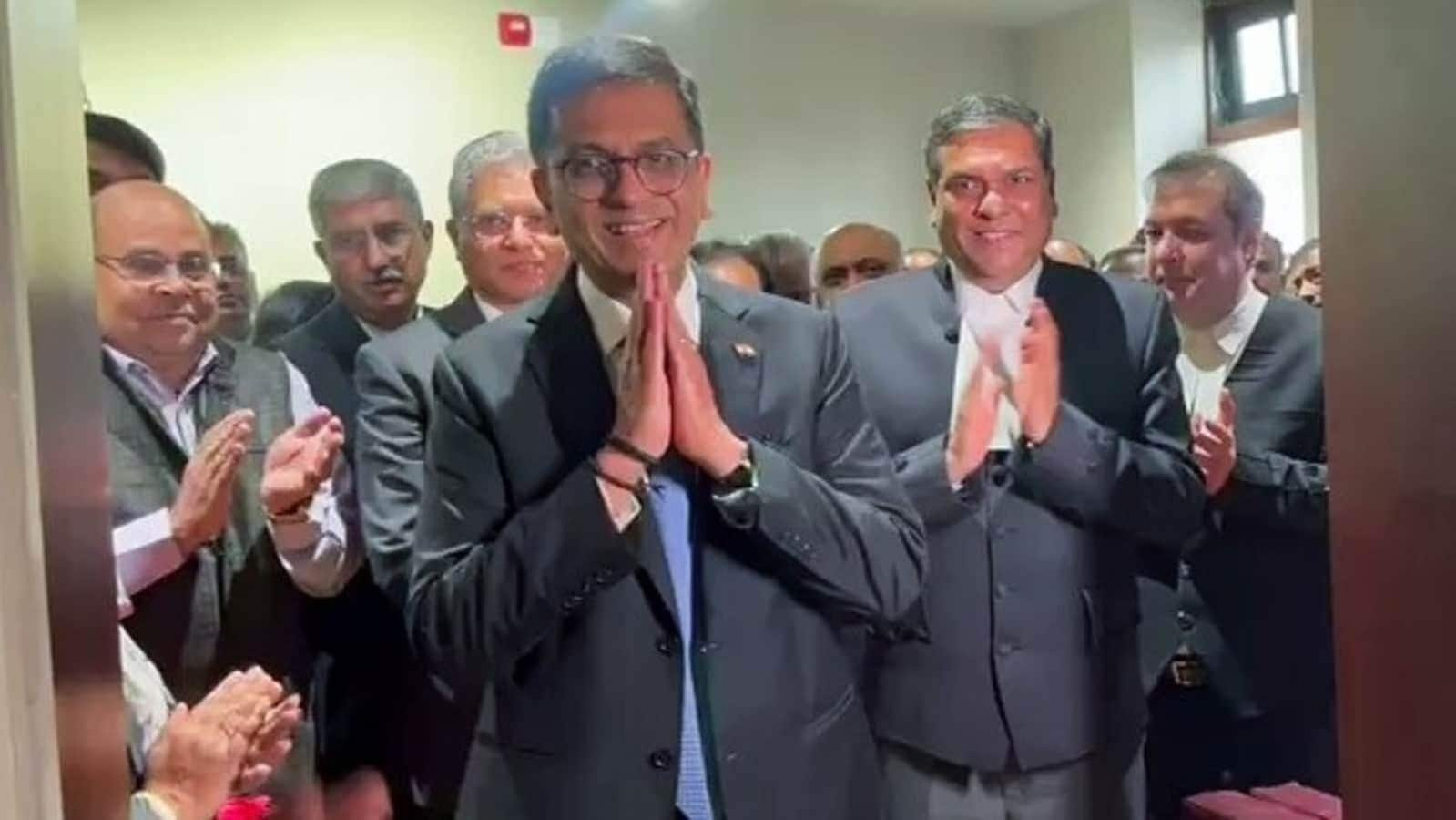
CJI Chandrachud to deliver final verdict on AMU's minority status
What's the story
The Supreme Court will announce its verdict on Aligarh Muslim University's (AMU) minority status under Article 30 of the Indian Constitution. The decision will be delivered by a seven-judge constitution bench headed by Chief Justice DY Chandrachud on his last working day. The bench comprises Justices Sanjiv Khanna, Surya Kant, JB Pardiwala, Dipankar Datta, Manoj Misra, and Satish Chandra Sharma.
Case history
Background of the AMU minority status case
The case is centered on whether AMU, a central university founded in 1920, is a minority institution. Article 30 permits religious and linguistic minorities to set up and administer educational institutions. The court's verdict comes after eight days of hearings which ended on February 1. In 1967, the Supreme Court had held in S Azeez Basha vs Union of India that AMU wasn't a minority institution.
Legal battles
AMU's minority status
The 1967 ruling had said AMU was neither established nor administered by the Muslim community as mandated under Article 30(1). An amendment to the AMU Act in 1981 claimed the university was "established by the Muslims of India," giving it minority status. However, the Allahabad High Court struck down the amendment in 2006, ruling AMU wasn't a minority institution. The decision was appealed in the SC, which referred it to a seven-judge bench in 2019 for reconsideration.
Debate
Arguments for and against AMU's minority status
Supporters of AMU's minority status cite Article 30 and highlight its governing council's Muslim-majority. Critics argue AMU's heavy central government funding disqualifies it from claiming minority status. The BJP-led NDA government is against the 1981 amendment and cites the 1967 Supreme Court verdict against AMU's minority status. Solicitor General Tushar Mehta argued AMU cannot claim minority status due to its national importance and central funding.
Consequences
Potential implications of the verdict on AMU
If AMU loses its minority status, it will have to implement reservation policies like other public universities. Currently, AMU reserves 50% seats for students from its affiliated schools/colleges but doesn't follow state reservation policies. The court had expressed concerns over the "half-hearted" nature of the 1981 amendment during hearings. Chief Justice Chandrachud noted it didn't fully restore the university's pre-1951 status when compulsory religious instruction was abolished.